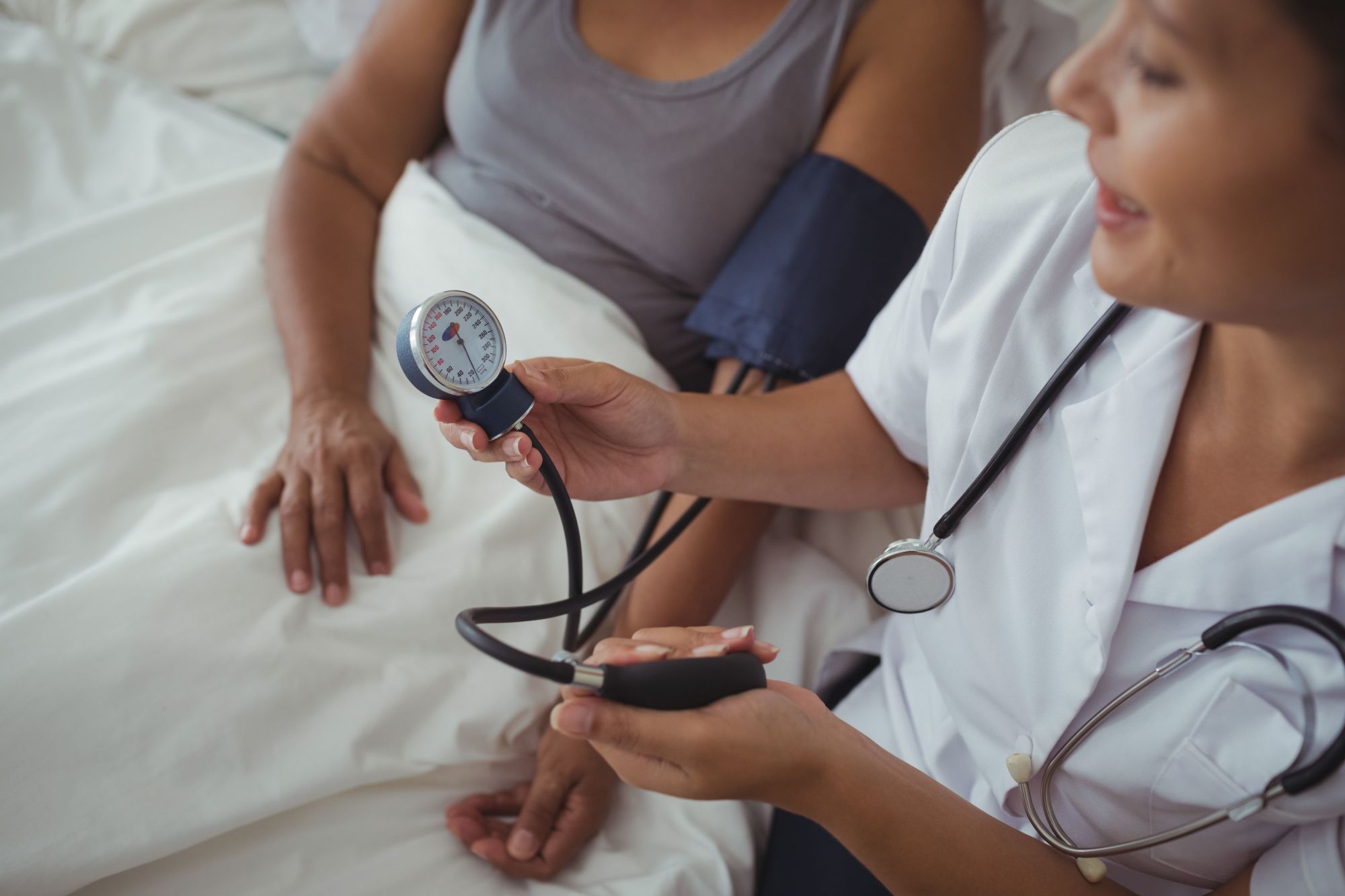Home Working Highlights Culture of Presenteeism, says CIPD
77 per cent of employers have observed presenteeism in employees who are working from home in the last year, according to research by The Chartered...
Read Full Article
The Statutory Sick Pay system is broken and needs urgent reform, the CIPD, the professional body for HR and people development, is warning.
The call to government is laid out in a new report, "What should an effective sick pay system look like?", which includes a survey of over 1,000 employers.
It finds that nearly two thirds (62 per cent) of employers agree that the SSP rate is too low and should be increased.
The current UK Statutory Sick Pay (SSP) rate stands at £96.35 per week for up to 28 weeks, which is very low compared with most other European countries. Even the majority of SMEs, which would typically find it harder than larger employers to cover increased SSP costs, are supportive of a rate increase (57 per cent).
The report notes the pandemic has further exposed how financially inadequate SSP is, with many people still working when ill or needing to self-isolate. And with concerns now growing about the potential impact of the Omicron variant, the CIPD says steps must be taken to ensure SSP provides a better financial safety net.
A lack of adequate sick pay can also contribute to the problem of presenteeism in the workplace, where employees continue to work when they are unwell.
Of the UK’s 32.5 million-strong workforce, 5.6 million people do not currently qualify for SSP, the report finds. This includes the self-employed and those who are unable to access SSP because they don’t meet the lower earnings limit (an employee must have average weekly earnings of at least £120 a week to qualify). Many of the country’s lowest paid and most vulnerable workers – who likely need the most financial support – are therefore excluded from accessing SSP.
The CIPD is calling for the government to raise the level of SSP to be at least equivalent to someone earning the National Minimum Wage/National Living Wage. For example, for someone aged 23 or over working seven hours per day, their pro-rata daily SSP rate would be £62.37.
The CIPD also recommends widening eligibility for SSP by removing the lower earnings limit, as well as further consultation looking at wider reform of SSP, such as amending the rules to allow for phased returns to work, removing the three qualifying days for payment of SSP, and looking at opportunities to improve income protection for the self-employed.
Alongside its calls to government, the CIPD is encouraging employers to ensure they have a financial wellbeing strategy that covers elements such as paying a living wage, making sure their workforce is aware of all the benefits currently offered and information about where to get free, independent money and debt advice. In addition, employers should consider the benefits of introducing an occupational sick pay scheme to enhance pay above the statutory minimum for employees who can’t work when sick.
The CIPD’s report and full recommendations are available here
Picture: a photograph of a person in bed, having their blood pressure taken by a manual machine strapped to their arm
Article written by Ella Tansley | Published 14 December 2021
77 per cent of employers have observed presenteeism in employees who are working from home in the last year, according to research by The Chartered...
Read Full ArticleA new report reveals the significant economic impact of presenteeism, where employees continue to work when unwell. Watch the...
Read Full ArticleThe highest level of UK employee sickness absence in a decade has been reported by the Chartered Institute of Personnel and Development. UK employees were absent an...
Read Full ArticleDespite wellbeing remaining an ongoing concern for workers, CIPD research suggests that mental health is beginning to slip down the business agenda amongst...
Read Full ArticleA European Parliament majority has voted for a law that grants workers the right to digitally disconnect from work without facing negative repercussions. MEPs are...
Read Full ArticleThe England vs Italy Euros final on Sunday may have an effect on employee absence, according to the CIPD. This is the first time the male English football team...
Read Full ArticleA new standard, named "ISO 45003: Occupational health and safety management — Psychological health and safety at work — Guidelines for managing...
Read Full ArticleStatutory Sick Pay in the UK increased from £95.85 to £96.35 this week, but the TUC says that this is not enough to support those who need to self-isolate due...
Read Full ArticleA review into the UK’s “economic inactivity crisis” due to ill-health has failed to address workplace hazards adequately, says the British Occupational...
Read Full ArticleA survey of 2,000 UK employers shows that just one in four employers recruiting young people think they are well-prepared for the world of work. 52 per cent...
Read Full Article